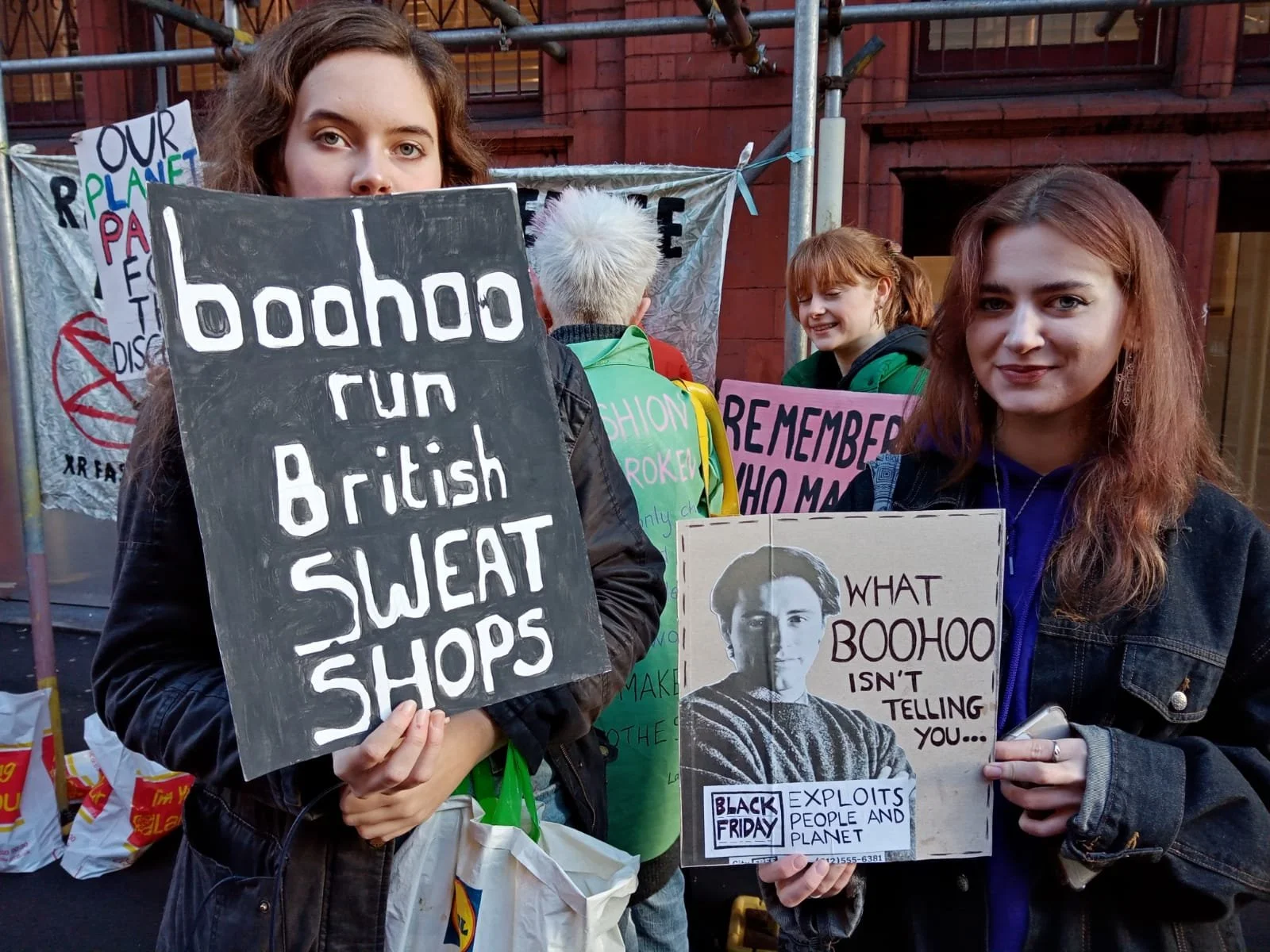When Silence Speaks Louder
In recent months, Loro Piana, a symbol of Italian luxury and craftsmanship, has found itself at the center of a major scandal. According to an investigation by Il Fatto Quotidiano, the company allegedly relied on external suppliers who underpaid their workers to sew garments —far from fair conditions. These are serious accusations, especially for a brand whose image is built on artisanal excellence and respect for the “handmade.”
Yet what shocked many was not just the content of the allegations, but the brand’s complete silence in response. A silence that speaks volumes. In a world where reputation is shaped in real-time and crises play out in the span of a single hashtag, not responding has paradoxically become a remarkably effective strategy. The fast pace of today’s market and media cycle seems to reward those who “ride out the storm,” relying on the short attention span of collective memory.
And this isn’t an isolated case. In the past, brands like Max Mara and Armani have also been linked to similar issues involving the exploitation of workers in outsourced or subcontracted parts of their supply chains—especially in opaque cooperatives. Again, no official response, no acknowledgment, no responsibility. And ultimately, no real consequences.
But this “wait-it-out” tactic doesn’t always work. Just look at the case of British fast fashion giant Boohoo, which in 2020 was hit by a scandal involving appalling labor conditions in factories in Leicester. This time, however, the backlash was swift and severe: the reputational damage forced the company to cut ties with more than 90 suppliers within months. From around 100 companies, only 6 remained Open in Leicester—those deemed traceable and transparent enough to remain in the supply chain. Like an axe, the blame fell on the entire area’s supply chain, neither on the brand nor on the competition, that, supposedly, moved production to distant countries where journalistic scrutiny and inquiries are highly unlikely.
And yet, even here, Boohoo refused to fully own up: “We didn’t know what was happening in our supply chain,” they said—an excuse as common as it is unacceptable. In other words, brands are more than happy to take credit for the quality of “Made in Italy” (or “Made in the UK”) without taking responsibility for the labor practices behind it. It’s an ethical contradiction that can no longer be ignored.
So why was the reaction so different in Italy versus the UK? Perhaps because in Italy, the fashion industry is so deeply tied to national identity that questioning it feels almost sacrilegious. Or maybe because in Italy institutions and the media aren’t equipped—or willing—to keep public attention on these issues. And so time passes, and all is forgotten.
From where we stand, this dynamic seems not only unacceptable, but completely absurd. Those of us working behind the scenes know the true value lies in people. Their skill, dedication, and ability to transform raw materials into wearable art is what makes fashion valuable—not the label, nor the price tag.
These scandals—and the way they are "managed"—remind us that if collective memory is not fed with transparency and accountability, it fades all too quickly. And it’s precisely this fading that allows such systems to keep running under the guise of luxury, excellence, and national pride.
Perhaps it’s time we stop accepting silence as a response. And instead, give voice and value to those who create the true worth of every garment—one stitch at a time.
For your interest, we encourage you to watch this video on the Leicester episode: https://m.youtube.com/watch?v=ArF1MrDUpjY
and to read and watch the video by Fashion Revolution on the Fashion Transparency Index: https://www.fashionrevolution.org/fashion-transparency-index/



